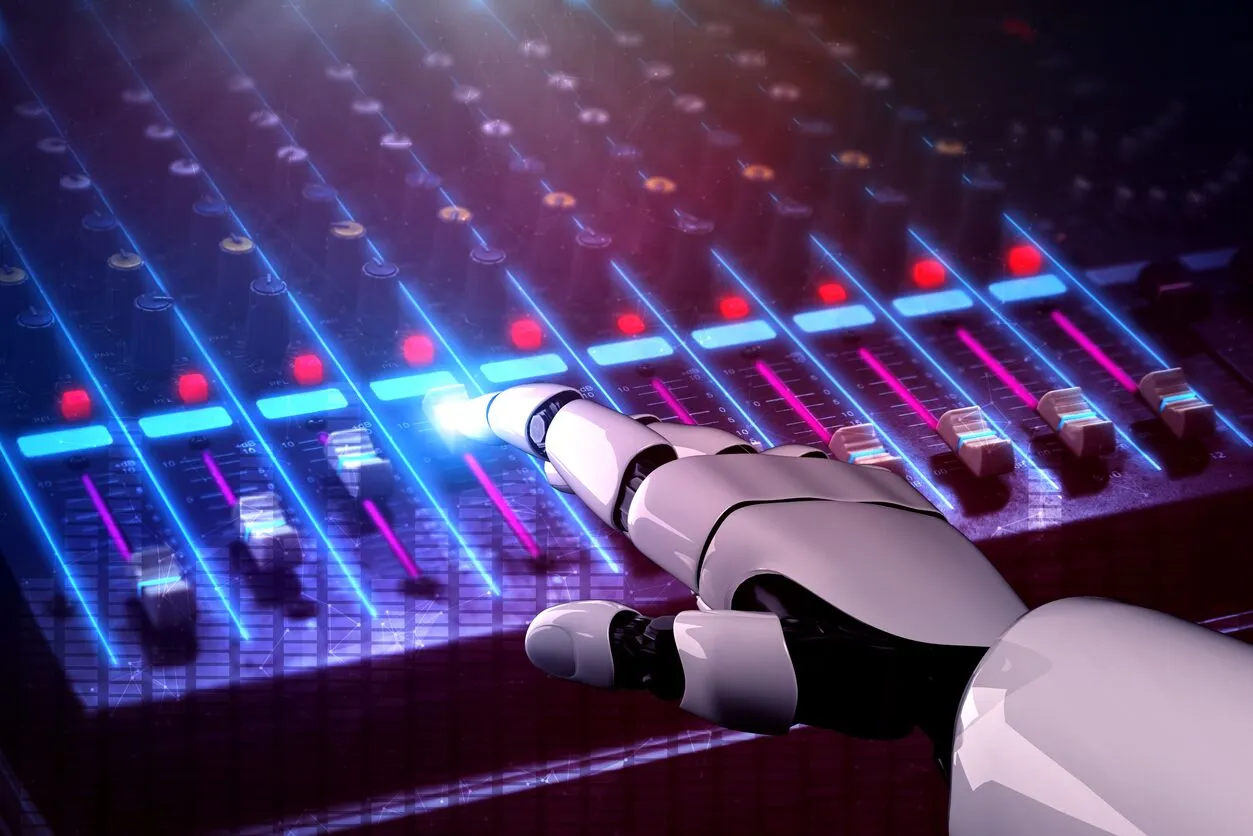AI in Music Production : Transforming Sound Replication and Vocal Synthesis
Introduction: This article explores the fascinating intersection of artificial intelligence (AI) and the music industry. AI technologies are revolutionizing sound replication, voice synthesis, and even the recreation of famous artists’ vocal styles, presenting new possibilities for music creation.
1. AI-Driven Sound Replication: Dive into the world of AI-powered sound replication, which allows for the recreation of instruments and even entire compositions with unprecedented accuracy. Discuss the impact of AI-generated music on content creation and the potential benefits and drawbacks.
2. Vocal Synthesis and AI Singers: Explore how AI algorithms and machine learning techniques are enabling the creation of AI singers, capable of mimicking the singing style and voice of renowned artists. Discuss the implications for the music industry and intellectual property.
3. The Emergence of Virtual Bands: Investigate how AI is contributing to the emergence of virtual music bands, where AI-generated musicians and vocalists come together to create original music, transcending geographic boundaries and time.
4. AI and Music Production: Examine the role of AI in music production, from generating musical compositions and assisting songwriters to automating mixing and mastering processes. Discuss the impact on the creative process and the potential for AI-generated hits.
5. Voice Cloning in Music: Delve into the technology behind voice cloning and how it’s being used to bring back iconic voices from the past. Discuss the ethical considerations and artistic implications of this practice.
6. Collaborations with AI Artists: Highlight examples of human musicians collaborating with AI artists and discuss the creative opportunities and challenges these collaborations present.
7. Intellectual Property and Copyright: Address the legal and copyright issues surrounding AI-generated music and the need for industry-specific regulations and policies.
8. AI in Live Performances: Explore the role of AI in live music performances, including the use of AI-generated visuals and effects. Discuss the potential for AI-driven concerts.
9. The Future of Music with AI: Speculate on the future of music production, where AI is likely to play a more significant role in creating, producing, and distributing music.
Conclusion: AI is reshaping the music industry by redefining how sounds and songs are created and performed. Musicians, producers, and industry stakeholders must adapt to this evolving landscape, balancing innovation with ethical and legal considerations.


It’s clear that you truly care about your readers and want to make a positive impact on their lives Thank you for all that you do